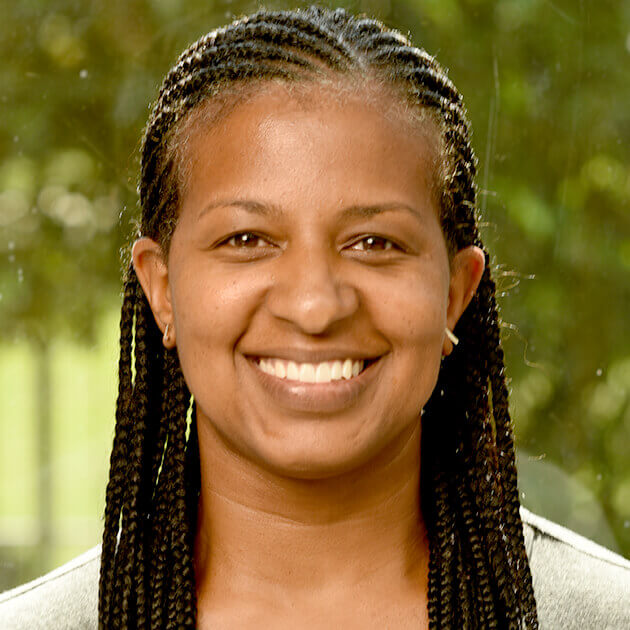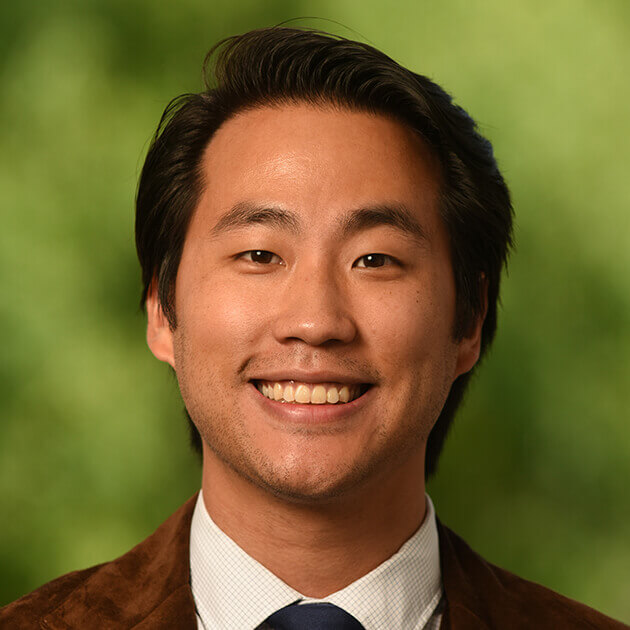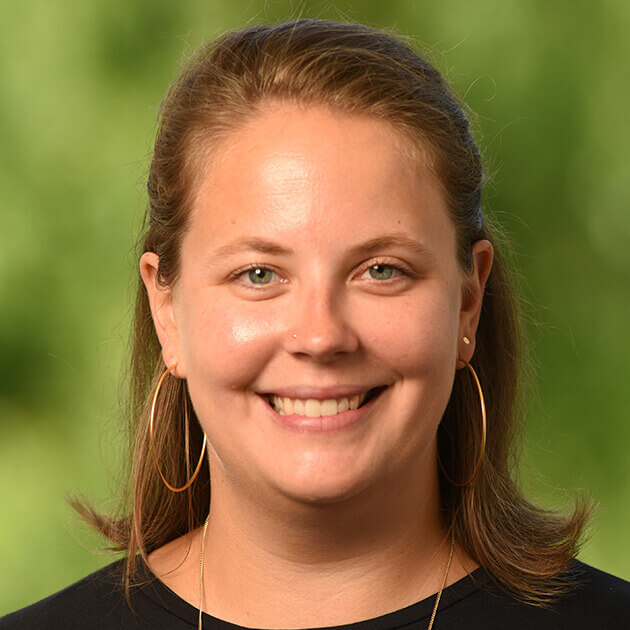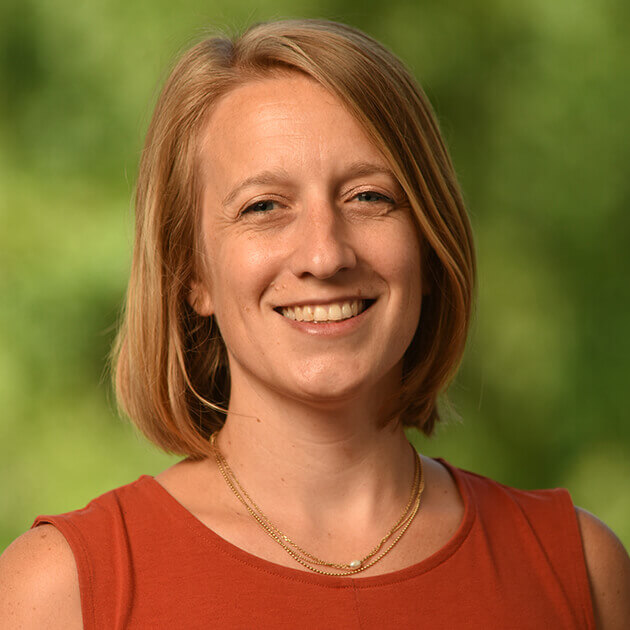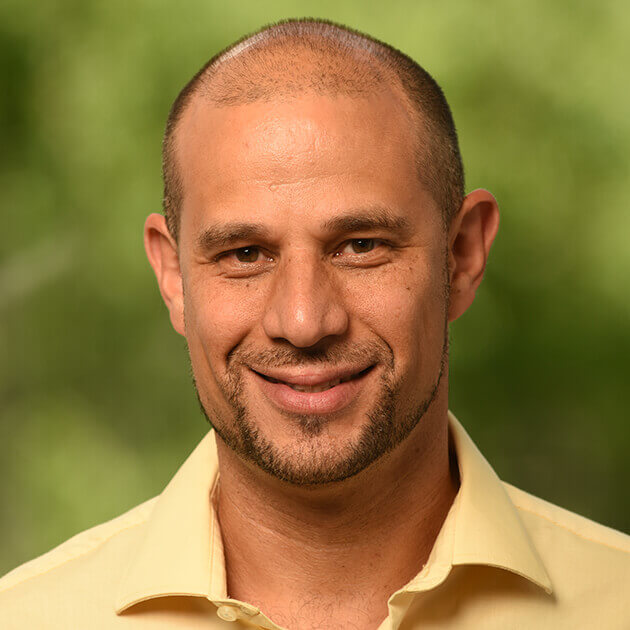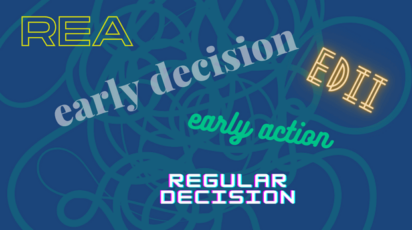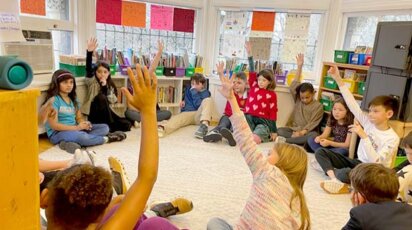News
SEED Is a Tool in Creating Equity in the Classroom
Poly is committed to Diversity, Equity, and Inclusion in all aspects of life at our school. One of the tools our faculty has found to create equity in our classrooms is SEED (Seeking Educational Equity and Diversity).
“SEED is premised on the idea that faculty can be empowered to do their own professional development and facilitate the discussions that their community needs with regard to Diversity, Equity, and Inclusion (DEI) work,” said Maggie Moslander, Chair of the History Department.
According to their website, the National SEED Project “partners with communities, institutions, and schools to develop leaders who guide their peers in conversational communities to drive personal, institutional, and societal change toward social justice.”
Sixteen Poly faculty members from the three divisions, who meet monthly with SEED co-facilitators Moslander and Grade 3 Head Teacher Andrea Del Valle P’29, ’33, are: Adam Bisceglia, Virginia Dillon, Dan Doughty, Eddie Fitzgerald, Teyana Irving, Tamara Ling, Bre’Lynn Lombard, Melinda Lvovsky, Juliet Moretti, Timothy Shea, Elijah Sivin, Bette Soto, Kane Willis, and Douglas Wong.
Earlier this academic year, Andrea Del Valle was asked about SEED. “My personal experience in SEED was so affirming as a faculty member at Poly this past school year,” Del Valle said. “I was so sad that our meeting schedule got cut short because of the pandemic. The group consisted of faculty and staff from all three divisions. So many people joined the group out of a personal interest to tackle very difficult subjects: racism, sexism, ableism, white privilege, and the history that undergirds socioeconomic stratification in this country, just to name a few. I feel that everyone in the group was gracious, candid, and open as they shared deeply personal ideas and experiences and how these inform our work as a Poly community member.”
“SEED is fundamental to Poly’s anti-racism work,” Del Valle continued. “It initiates conversations about anti-racism and brings people into a space to hold them honestly. How this work manifested at the Lower School is through the Students of Color (SOC) Affinity Group for Grades K-4. I was an adviser to this group, facilitated by Kim Davis, Olugbala Williams, and Julia Lee.”
“I think SEED is a great program,” said Upper School dean Douglas Wong, “and really has allowed the group to share experiences via the personal story to create that connection through empathy and active listening. The topics range from issues including race, socio-economics, gender, and more—and it has been rewarding to reaffirm our anti-racist stance as a group through discussions of topics that are intersectional. Racism and division have difficulty finding a place when people are speaking through personal experience. The personal aspect has been a great tool in my own personal cohort meetings with students.”
SEED practices have been implemented by the teachers of the new Grade 9 Stories and Systems class.
“The framework for the class is actually rooted in SEED’s approach,” said Moslander, “which is to use individual stories to bring awareness to and ultimately change oppressive systems. We invite each student to connect their own individual experiences to larger systems—we wanted to empower them to explore how systems like the education system, the housing system, and health system in the United States have shaped their lives. We also used a number of SEED strategies, like Serial Testimony, during which each student is given a certain amount of time to speak uninterrupted to ensure that everyone’s voice is heard. We’ve also used a number of videos and readings that we use in SEED in the course, and the students seemed to find them thought-provoking!”
“I’ve adapted SEED’s model of Serial Testimony for sharing ideas or responses in my classroom a lot,” said Upper School history teacher Virginia Dillon. “In this model, everyone is asked to share within set parameters, in terms of time allotted or length of response read aloud, and in a predetermined order. By not asking for volunteers, everyone’s voice is heard and there’s less pressure to figure out when or if it’s the ‘right time’ to raise your hand. It’s rooted in the idea of one of SEED’s founders, Peggy MacIntosh, for ‘the autocratic administration of time in the service of democratic distribution of time.’”
Elijah Sivin is not only an Upper School history teacher, but also Director of Service Learning. “I definitely think that participating in SEED this year has been a significant part of my work and has been a personal help in the challenging task of living through pandemic times,” Sivin said. “The idea of connecting ‘story’ and ‘system’ is remarkably powerful and meaningful on multiple levels. As an individual participating in SEED sessions, the ability to hear and share aspects of personal stories has led to some powerful moments of connection. The fact that we then move to consider the importance of those stories on the level of ‘system’ means that I get to engage on both the level of ‘heart’ and ‘head,’ and I’m deeply appreciative of that.” He added, “As a teacher, I’ve borrowed some specific ideas from SEED, especially the ‘Serial Testimony’ and ‘Circles of our Multicultural Selves’ exercises. More importantly, though, I used story and system as a dominant model for thinking about diversity and social change in my teaching this year. This has been true in both my Grade 9 History class, and in the new IfEL class for ninth graders. In fact, we chose to name that new class Stories and Systems and the name has been an accurate reflection of what we’ve focused on.”


